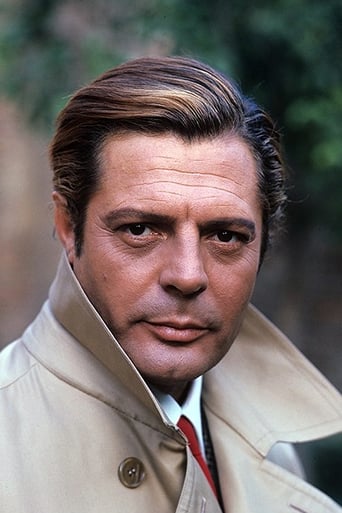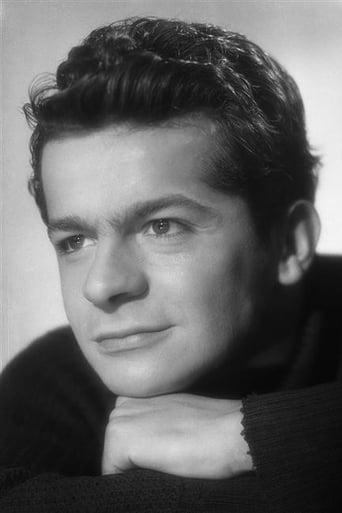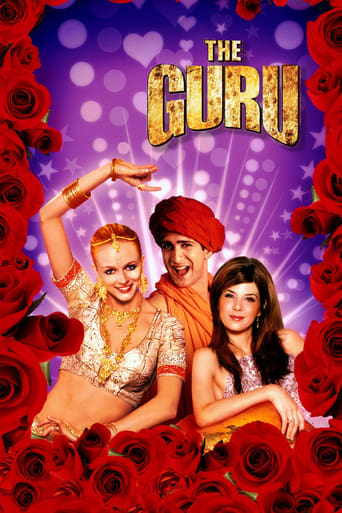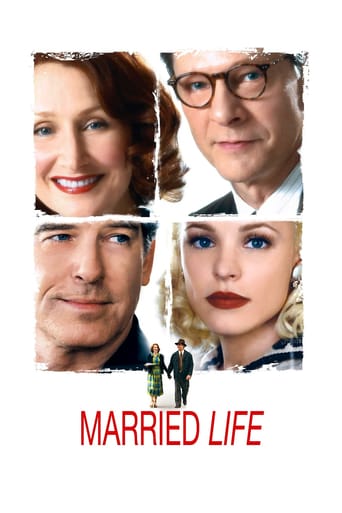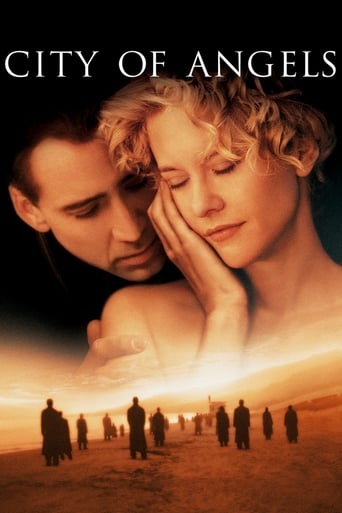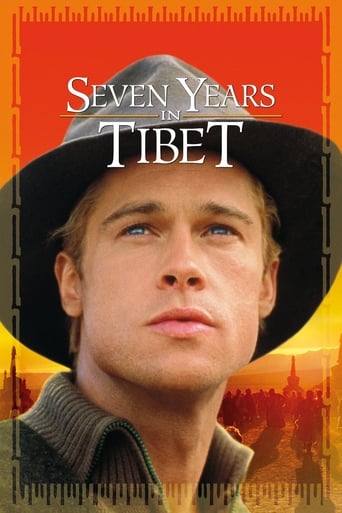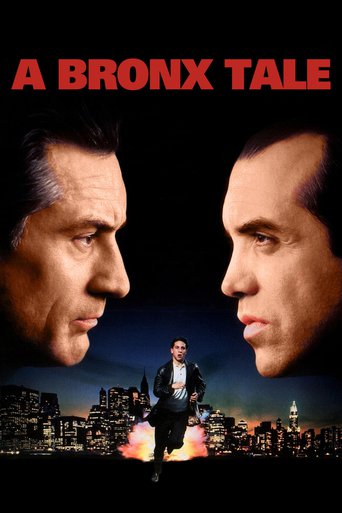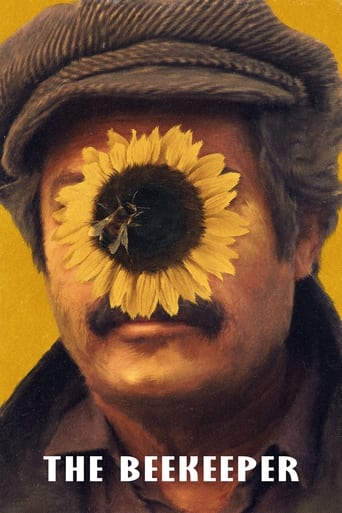
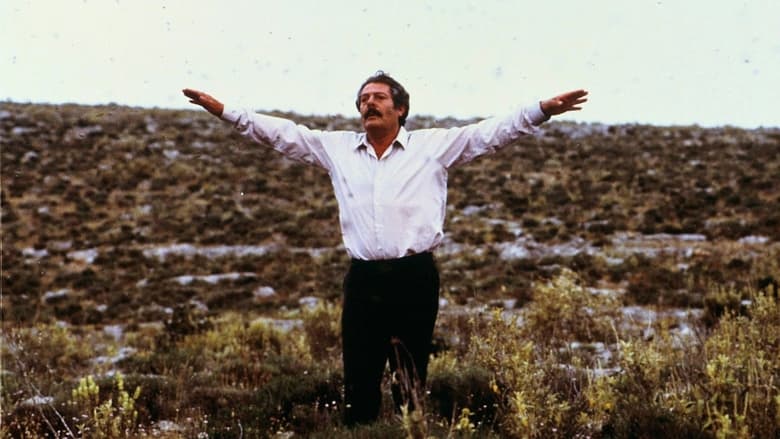
The Beekeeper (1987)
Following the wedding of his daughter, stone-faced beekeeper Spyros makes an annual journey from the north of Greece to the south, traveling along with his hives. En route, he meets an erratic, young female drifter, with whom he strikes up an unusual, self-destructive relationship.
Watch Trailer
Cast
Similar titles
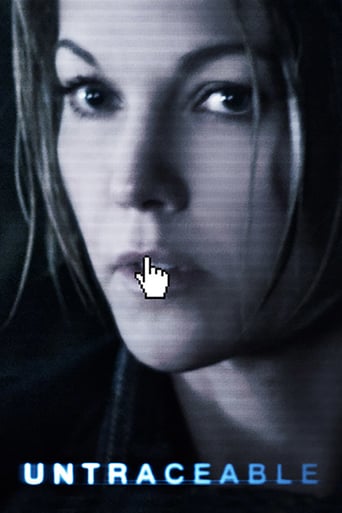
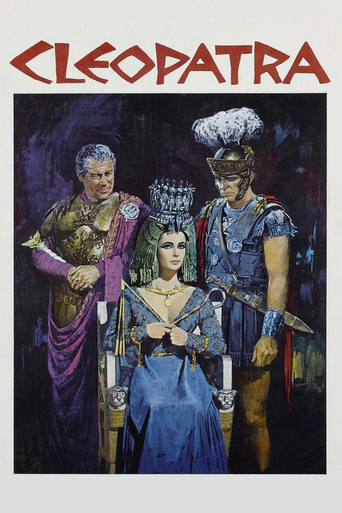


Reviews
Really Surprised!
Through painfully honest and emotional moments, the movie becomes irresistibly relatable
All of these films share one commonality, that being a kind of emotional center that humanizes a cast of monsters.
It is encouraging that the film ends so strongly.Otherwise, it wouldn't have been a particularly memorable film
This film didn't really work for me. After reading the, mostly, wonderful accolades above I was expecting better things from this movie but finished up being disappointed. It wasn't the inactivity either. I like Bella Tarr films so I am used to long takes with not very much happening. Another reviewer of a Tarr film recently noted that you could write a masters thesis on what is not going on, in between the bits of dialog. Okay, this is kind of cutesy but I know what he meant. There is a tension or at least a relationship between the characters and sometimes a "drama of the moment" in the "what will happen next", sense. With the Spyros character there was the feeling that during his moments of stoic inactivity (of which there was a lot), there was nothing going on inside. It was just a complete blank-out, no drama; no tension from silent inner feelings directed towards another, just nothing. The same scene could have been shot to equal effect without him being there. I was waiting for someone to come up to him and shout "Hello in there", in Greek of course or to give him a much needed kick in the seat of his pants. Whilst I am on the subject of pants, I would have reckoned that someone with a grown up son and two grown up daughters would have at least known that you have to open them in order to have sex. Any spotty teenager on his maiden voyage would not have acted in such an inept way. All the incidents except one in this film happened to Spyro not because of him. That one was when he drove his wagon through the front of a restaurant in order to get the girl and that came over as more of a student prank than an act of desperation.But, hey, I hear you say, this is a film that deals with the problems of loneliness and isolation and I should be more sympathetic to his situation. I understand this point of view however it is difficult to empathize with someone who has turned his back on a wife that obviously still had feelings for him; a family he could draw round him but who are now indifferent to him and friends throughout the country who he leaves at the first opportunity. Even the girl, who was selfish, never really did anything bad towards him. Spyro had no warmth within him and never did anything to gain respect. In the end even his beloved bees turned against him.In my opinion the high ranking Artificial Eye distributor has scored an own goal with this one but the enthusiasm of others will probably vindicate them.
I came via this film by way of leading man Marcello Mastroianni, in many of Fellini's greats, though I actually preferred his performance alongside Guilietta Masina in Ginger and Fred, actually made/released the same year as this, 1986 than in my comparative example, 8.5I bought the DVD of The Beekeeper cold, not knowing of, or having seen this Greek director's work before. I don't think I was under the illusion that it was going to be all holiday sun and gaiety - indeed, it is not. We, in the U.K are not used to seeing Greece in the winter, with remnants of snow and greying landscapes that hint at times passing, of buildings in slight dilapidation and overtones of regret and slight bitterness. One scene in spring IS in full colourful sunshine, the remainder at night or on grey, rather oppressive days.Spyro (Mastroianni) leaves work for the last time and disillusioned, wants to finally devote all his time, love and energies to his faithful friends, his bees. With them in their hides, on the back of his truck, he drives off, in search of pollen for them and a new meaning for himself. After a chance pickup of the beautiful hitch-hiker (referred to in the IMDb credits simply as 'The Girl'), left behind after her previous lift (or boyfriend?) holds up a shop and drives off sharpish, without her, Spyro seems to be too polite/worn down/shy, or whatever, to pick up on her lead. In fact, it is not for an hour and half until he finally - and abruptly, succumbs, clumsily and badly. She had already picked up a young soldier, just discharged. Spyro has rescued her from him. Now, will she revive his spirit, his bittersweet, nonchalant view on the human world, or will she wither with him? The last scene but one, outside the old run-down movie theatre where they have been sleeping, a speeding trains hurtles, as if like moving film itself, very fast, transient, timeless, golden, against a Hollywood backdrop of romance, from the '30s or 40's. I found this a sober, absorbing and never boring film that gave space and time to allow one to think outside of what was happening. The life-cycle, struck me as being (maybe) that of that of the queen bee and her workers. The beautiful, unnamed stranger who mates with the worker (Spyro) and then moves on, ready for the next one. The final scene, spine-tingling in its portrayal (I'm NOT going to spoil it!) re- emphasises that, for me. There is a little humour and gentle light relief in amongst all this, as Spyro meets up with old friends and his daughter along the way. If you want a frilly popcorn film, forget this one, but for adult, thought- provoking and unpretentious - and mostly, a different, experience, as well as for Marciello's masterful and understated performance, this is most satisfying world cinema.
"The Beekeeper" (1986) is Theo Angelopoulos' seventh film and features leading man Marcello Mastroianni. The minimal and meaningless plot (following the disintegration of his family, a beekeeper embarks on a trip and has an on/off affair with a young girl) is an excuse for Angelopoulos to indulge in his trademark semi-poetic images of Greek rural and urban landscapes.A few of the sequences stick out, but most are unremarkable (and there's too much deja-vu about them, all Angelopoulos films are pretty much the same). There is very little action, very little dialog, too much boredom, too much doodling. This is the definition of pretentious art-house pomp.
I cannot go for long without returning to Angelopoulos. He is,for me, quite simply, the world's greatest living director. His films generally home in on a single theme and explore it with a profundity without equal in contemporary cinema. In "Landscape in a Mist" it is the quest for the Deity. In "Ulysees Gaze" he studies the man who would put Art before human considerations. In "The Beekeeper" he considers the destructiveness that can arise if the male menopause gets out of control. His characters are constantly standing on an abyss. Either they fall like the director in "Ullyses" or they are redeemed like the children in "Landscape". Spiros (Marcello Mastroianni at his finest) is a recently retired schoolteacher who sublimates an empty future in the temporary respite of a journey with his bees to find a spring climate where they will flourish at the end of a long winter. The opening of "The Beekeeper" is masterly. We learn everything we need to know about Spiros's loneliness and the emptiness of his family relationships by observing the party that follows his daughter's wedding. It is a quiet affair at the family home. Very few words are spoken but glances particularly between Spiros and his wife tell of a lack of communication and infinite sadness. There is a moment of pure magic when the daughter catches sight of a bird in the room which neither we nor any of the other characters see. She tries unsuccessfully to catch it during which time seems to stop still as it does when people in a street in "Landscape" stand motionless looking up at falling snow. It would be misleading to suggest that the rest of "The Beekeeper" sustains the level of inspiration of its first 20 minutes. Compared with "Landscape", "Ulysses" and "Eternity and a Day" the situation is static rather than developmental. A girl hitchhiker foists herself on Spiros. At first he tries to shake her off. She is after all a rather selfish, empty headed tart, who at one point even encourages a young soldier to have sex with her in a seedy hotel room which Spiros is forced to share with her. Eventually Spiros himself seduces her in a clapped out old cinema where they are spending the night. It is an act neither of love or lust but one born of the desperation of a middle-aged man trying to regain something of his lost youthful virility. The result is self-disgust and a terrible suicide of death by stinging. The only assertive creatures in Angelopoulos's despairing world are the bees.
